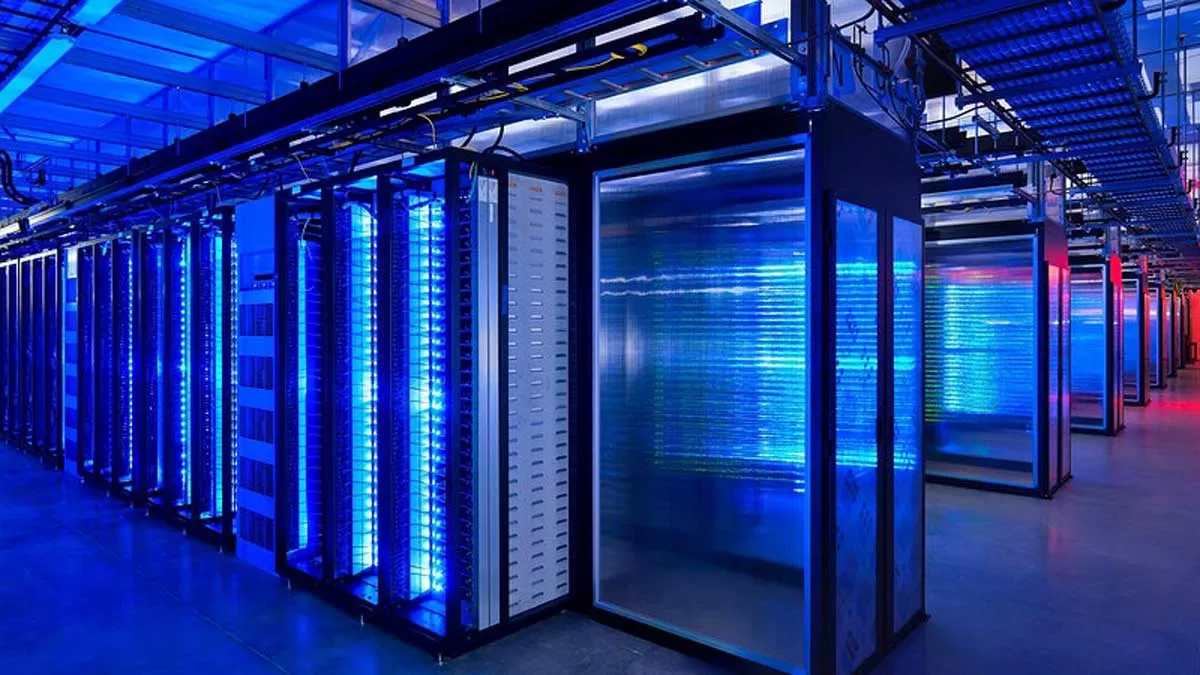The Indian real estate sector is embracing a wave of technological advancements that are transforming traditional practices and driving efficiency. The use of Artificial Intelligence (AI) is focused on the evaluation of market dynamics, price selection, and demand forecasting. Smart building ideas, which are made possible via IoT, aim to increase energy efficiency and improve occupant experience. With these advancements, the real estate market is quickly becoming more sophisticated and investor-oriented.
One of these major developing trends is the rise of data centres. They have become a fundamental piece of technostructure with the increasing pace of growth of India's digital economy, which has opened new opportunities for both developers and investors.
Data centres: Backbone of the digital economy
Data centres are vital components within the infrastructure of a contemporary digital economy by acting as a means for the storage, management, and processing of data. The use of cloud computing, e-commerce, and online streaming services, accompanied by the introduction of 5G networks, has increased the requirements for effective data centres. A report by JLL India predicts that the Indian data centre market will grow at a rate of about 66% till 2026. This increase in demand is further enhanced by the government’s push towards digitalization and localization of data.
Cities like Mumbai, Chennai, and Hyderabad are leading the charge as prime locations for data centre development due to their strong connectivity and proximity to submarine cable landing stations. Meanwhile, tier-2 cities such as Pune, Kochi, and Ahmedabad are emerging as attractive alternatives, offering cost-effective options and growing infrastructure.
Investment opportunities in the data centre ecosystem
The rapid expansion of the data centre market has created diverse opportunities for real estate investment. Developers have begun to construct purpose-built structures that are rich in connectivity, cooling, and power backup. This demand for large-scale, technology-driven infrastructure has given rise to innovative real estate projects in industrial parks and Special Economic Zones (SEZs).
Institutional investors and private equity firms are also tapping into this growing market. Global firms like Blackstone, Brookfield, and GIC have already made significant investments in Indian data centres. Real Estate Investment Trusts (REITs) focusing on data centres are also gaining traction as a new asset class. The success of India’s first data centre REIT in 2024 reflects the growing confidence of retail investors in this segment.
Sustainability and environmental goals are yet another powerful growth driver over the last few years. As data centres have slowly been reliant on non-fossil fuel energy sources, these include renewable energy sources. In essence, this movement towards such green data centres not only forms part of the climate change strategy but actually improves long-run costs for investors.
Government initiatives and policy support
The Indian government has derived a number of strategies to encourage the development of data centres. The proposed National Data Centre Policy aims to streamline approvals and provide incentives such as subsidized power tariffs and land acquisition support. Additionally, granting infrastructure status to data centres has eased financing challenges for developers, allowing them to secure funds at lower interest rates. The Production-Linked Incentive (PLI) schemes further strengthen the ecosystem by encouraging domestic manufacturing of data centre equipment, reducing dependency on imports.
These policy measures, coupled with the government’s focus on digital infrastructure, have positioned India as a global hub for data centre development. This favourable regulatory environment is expected to attract even more domestic and international investments in the coming years.
Conclusion
Emerging technologies, particularly the rise of data centres, are redefining the Indian real estate sector. This marriage of technology and real estate opens new avenues for developers and investors and helps digitalize the nation. Strong policy support, along with interesting demand for digital infrastructure, highlights the vast opportunities in the data centre ecosystem.
For investors seeking long-term growth, data centres present a compelling case, combining innovation with profitability. As India continues to solidify its position as a global digital powerhouse, the real estate sector will play a pivotal role in enabling this transformation. The future of Indian real estate lies not just in physical spaces but in its ability to power the digital economy through sustainable, state-of-the-art infrastructure.
About the author:
Amrita Gupta is the Director of the Manglam Group


















